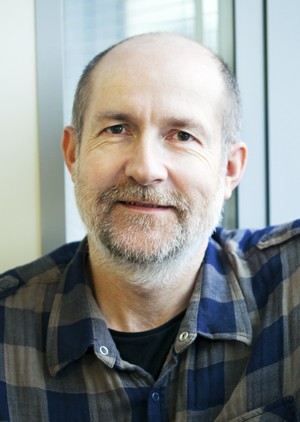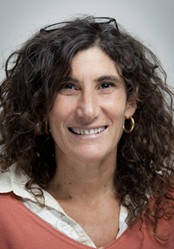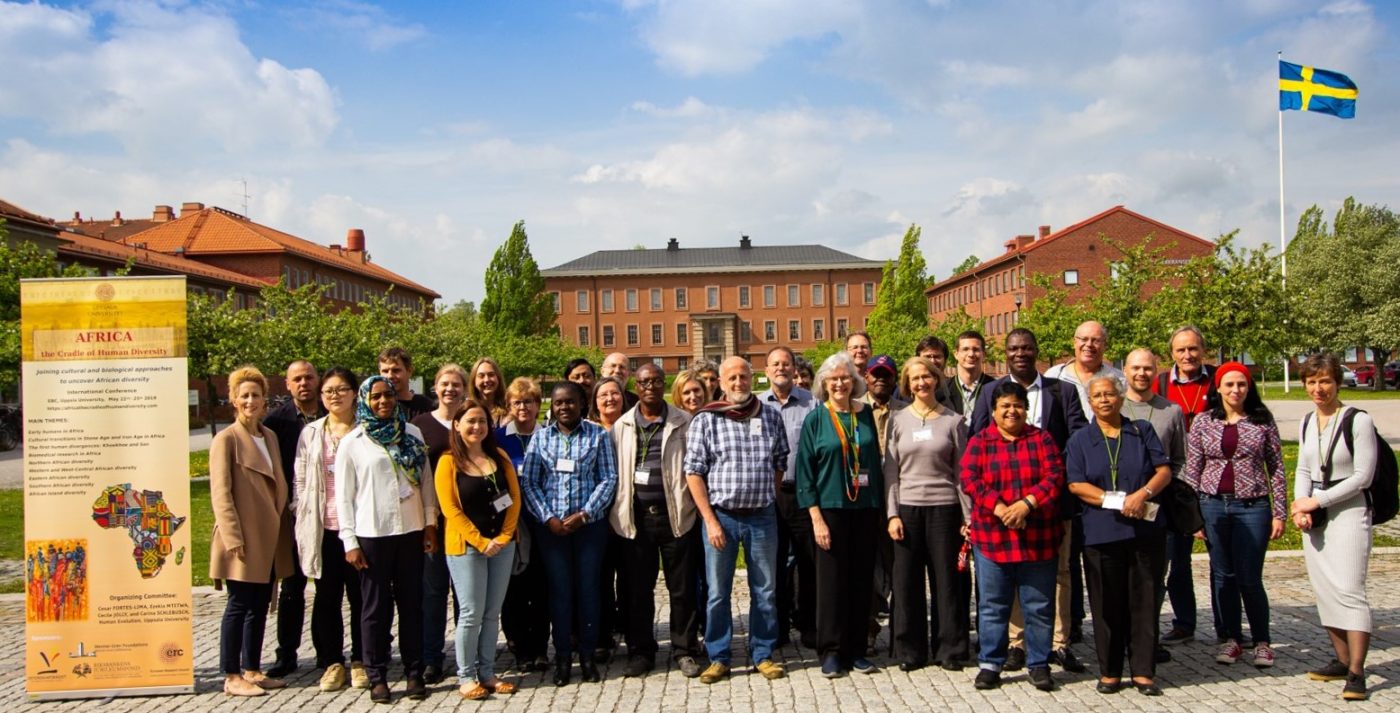
Isabelle Crevecoeur, CNRS Recherche, PACEA, Université de Bordeaux, France
Late Pleistocene and Early Holocene human diversity from North-East Africa
Isabelle Crevecoeur is a paleoanthropologist from the French National Center for Scientific Research (CNRS), affiliated to Bordeaux University since 2009. Her works focus on past modern human phenotypic variation in Africa as well as Neandertal morphological and behavioral diversity. She is partner of the French ANR project Big Dry (ANR-14-CE31) for the reassessment of Late Pleistocene and Early Holocene anthropological collections from the Nile valley and the Horn of Africa, as well as for the excavation of new archaeological sites. In addition, since 2015, she is in charge of the collaborative project “La Roche-à-Pierrot” for the new excavation and re-examination of the Upper to Middle Palaeolithic site of Saint-Césaire (Charente-Maritime, France). Website.

Rosa Fregel, Assistant Professor, University of La Laguna, Spain
Paleogenomics of the Neolithic transition in North Africa
Rosa Fregel is a population geneticist specialized in ancient DNA analysis of archaeological human remains from warm areas using paleogenomic techniques. Her PhD project dealt with the analysis of ancient DNA from the indigenous population of the Canary Islands. She obtained her PhD degree at Universidad de La Laguna (Canary Islands, Spain) in 2010, which was distinguished with the Extraordinary Doctorate Award and the European Quality Acknowledgment. As a postdoctoral scholar in the Bustamante Lab at Stanford University (USA), Rosa Fregel was involved with the paleogenomic analysis of prehistoric populations from North Africa. Currently, she holds a position as Assistant Professor in the Department of Genetics at Universidad de La Laguna (Spain), and she is the PI of the Evolution, Population Genetics and Paleogenomics research group (PALEOGEN). She has been funded by the Center for Computational, Evolutionary and Human Genomics at Stanford University to study the Indian Ocean slave trade from a paleogenomic point of view, and by the CajaCanarias Foundation to continue her research on the origin and evolution of the indigenous population of the Canary Islands. Website.

Victor Černý, Professor, Institute of Archaeology, Czech Republic
Population structure and gene flow in the African Sahel/Savannah Belt
Viktor Černý is an anthropologist working at the Institute of Archaeology in Prague, Academy of Science of the Czech Republic, where he founded laboratory of archaeogenetic dealing with modern human diversity and inferring the past demographic events. His interests lie mainly in the genetic structure of sub-Saharan African populations, the first human settlements of Eurasia and the impacts of subsistence strategies on the genetic profile of human populations. He is the author or co-author of over seventy papers in specialised journals in anthropology and archaeology, including international journals in the field of human population genetics. His works show that interdisciplinary collaboration between humanities (archaeology, ethnography, and linguistics) and biomedical sciences (genetics and physical anthropology) can bring new insights into our past and present. He is presently funded by the Czech Science Foundation. Website.

Estella Poloni, Senior Lecturer, University of Geneva, Switzerland
Population structure and gene flow in the African Sahel/Savannah Belt
Estella S. Poloni is a population geneticist working at the University of Geneva (Switzerland), where she teaches principles of molecular population genetics, mechanisms of molecular evolution, and biostatistics at the undergraduate, graduate and PhD levels, and where she pursues research on the evolution of genetic and genomic diversity in human populations. Her research interests focus on the relation of this diversity to the history of migrations and cultural differentiation – such as the history of languages or the adoption of new subsistence strategies. She investigates such evolutionary imprints in genes involved in interactions between the organism and its chemical and dietary environment, which are potential targets of selective pressures. To this aim, she has ongoing collaborations with seven teams in Europe, America, Africa and Asia, and is presently funded by the Swiss National Science Foundation. This collaborative network has resulted in the publication of eight scientific articles and one book chapter in the last five years. Estella Poloni is a member of the board of Associate Editors of BMC Genetics. Website.


